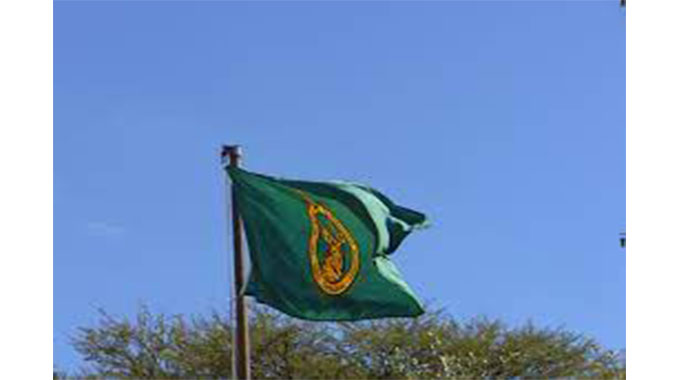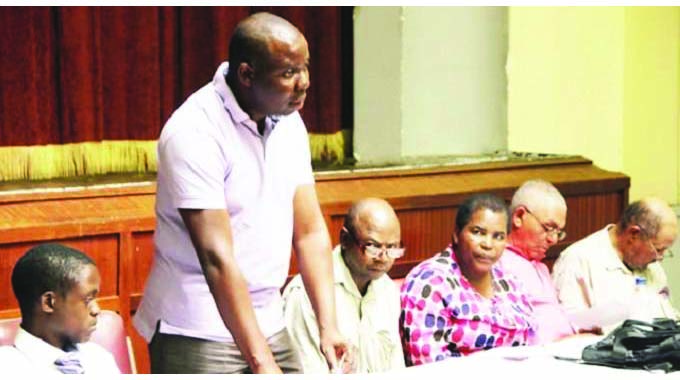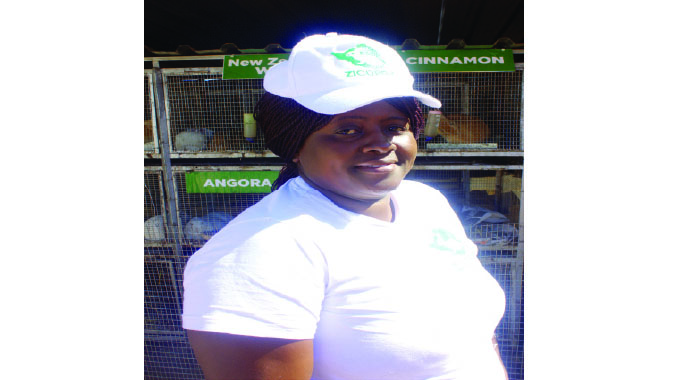Growing jumbo herd torments Hwange communities

The Parliamentary Thematic Committee on Peace and Security has been in Hwange district since Monday to meet victims of human-wildlife conflict.
The committee members heard harrowing experiences of villagers who are living in constant fear of being attacked by wild animals that are invading their homes at night.
Some of the villagers have been killed while others have been injured by these animals that include elephants, lions and hyenas.
The villagers have also lost livestock and grain to these “nocturnal visitors” that are giving them sleepless nights.
The villagers told the committee members that what pains them is that despite being victims of the wild animals because of their close proximity to Hwange National Park, they were not being compensated.
They said their suffering at the hands of the wild animals starts when their crops are still in the fields when they are forced to guard the crops at night.
They said after harvest, the wild animals follow them to their homes in search of grain and in the process kill or injure some of them.
The villagers said lions and hyenas were also killing their livestock.
The Zimbabwe Parks and Wildlife Management Authority (ZimParks) organised the tour so that members of the committee have an appreciation of the challenges faced by communities that interact with wildlife.

Zimbabwe Parks and Wildlife Management Authority
The visit by the committee comes about two weeks after Zimbabwe played host to a four-day Elephant Summit that was held in the Hwange National Park.
African tourism ministers, environment experts and animal rights activists as well as development partners attended the conference.
The conference is part of the African continent’s preparations for the CITES (Convention on International Trade in Endangered Species of Fauna and Flora) 19th Conference of Parties (COP) to be held in Panama in November.
In 1989, CITES banned the international ivory trade and African countries are expected to push for the lifting of the ban at the COP.

Zimbabwe is sitting on more than US$600 million worth of ivory stockpile which it could sell to sustain wildlife management programmes.
The villagers in Hwange want to be compensated for the losses they are suffering as a result of wild animals and raising such resources will not be a problem once the ban on ivory trade is lifted. Angola,
Botswana, Namibia, Zambia and Zimbabwe have a combined population of more than 250 000 elephants which is 75 percent of the world’s jumbo population hence the countries and their communities will benefit immensely from the lifting of the ban on ivory trade.
African leaders have said the biggest threat to successful wildlife conservation and to economic well-being of Africa is the dictation by outsiders who include Western governments and animal rights groups on how Africa should manage and use its wildlife.
It should be the responsibility of African governments to decide how to manage their wildlife for the benefit of their respective citizens.
This is what the Hwange villagers and others affected by wildlife are crying for.











Comments